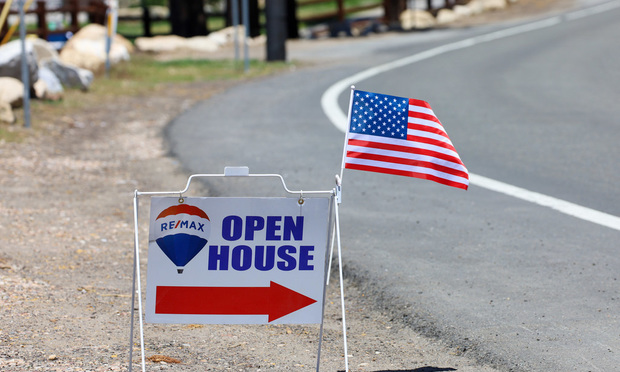Businesses often have flawed contingency plans or none at all to deal with a business disaster such as the recent outbreak of E. coli infections linked to Taco Bell restaurants, according to a risk management expert.
Michael A. Mayers, senior vice president of CBIZ Risk Management and corporate risk manager of CBIZ Inc. in Fairfax, Va., said risk managers and businessowners often put off contingency planning in a belief that an incident like the one at the fast food chain won't happen to them.
Companies also focus on the financial side of their plan, leaving out one of the most important elements–communications, said Mr. Mayers, who works with risk managers mostly on a project basis.
Taco Bell, a unit of Yum! Brands Inc., which operates about 35,000 restaurants worldwide, including KFC and Pizza Hut, is being investigated by the Centers for Disease Control and Food and Drug Administration since patrons in New York, New Jersey, Pennsylvania and Delaware were sickened with E. coli bacteria after eating at the restaurants.
Greg Creed, president of Taco Bell Corp., said in a statement posted yesterday on the company's Web site that “out of an abundance of caution,” the company switched its produce supplier for the four affected states.
“Since the independent scientific laboratory tests on all of our ingredients have concluded negative for E. coli, we have no information regarding any Taco Bell ingredient linked to this outbreak,” he said. “As nearly half the entire U.S. adult population eats at a Taco Bell at least once a month, it's easy to understand how we might be considered associated with this illness.”
He said the company is “working quickly to re-open the few restaurants that remain closed.” Meanwhile, shares of Irvine, Calif.-based Yum!'s stock have declined about 7 percent since topping out at a 52-week high of $63.68 on Nov. 22.
Mr. Mayers counseled that when businesses put together a business continuity plan, “one of the things that ought to be foremost in there is communications and that process,” as well as dealing with the issue quickly and “designating who's going to be speaking on behalf of the firm.”
He maintained that Web site contact for the public and employees in such an event is also extremely important.
Mr. Mayers noted that risk managers need to do their homework in advance of a situation, establishing a line of communication and a process within the company.
“What always throws me is that when these kinds of things occur,” companies often haven't thought ahead to what could happen, he said.
For a company like Yum!, a strategy should be developed with franchisees, the public and shareholders in mind, he advised.
Coverages that could come into play with such an incident include product recall issues, he said, adding that, “unfortunately, the issues that go with business interruption are typically related to the building and content, and them being damaged. So this kind of activity doesn't really respond to that.”
Mr. Mayers speculated that because of the company's size, “they're probably dealing with some very large deductibles; they may even be self-insured.”
He said the company may see a “long tail” in regard to lawsuits, but that from a consumer point of view, “it's only a disaster if it's widespread.”
But whether there is insurance or not, he said, doesn't preclude the need for a business continuity plan.
Mr. Mayers recommended that if a plan is not in place, organizations should “think about the issues that could affect you and what would you do about them.” He added, “We're not just talking about fires and hurricanes, but all the things that could impact your company.”
Even if a company doesn't have a plan in place, he said, it needs to at least have an outline in place.
Although communications efforts need to be foremost in a plan, in many cases, clients haven't thought of it. “You need to think of all the folks that could be impacted by this and what you're going to tell them,” he said. “Somebody has to be the spokesperson.”
He added that risk managers need to have buy-in from the company because those at the “sublevels” within the company ultimately know what can go wrong and what to do about it.
Also lacking is a “true imagination of all the things that can happen,” he added. “There is a lot of denial.”
Want to continue reading?
Become a Free PropertyCasualty360 Digital Reader
Your access to unlimited PropertyCasualty360 content isn’t changing.
Once you are an ALM digital member, you’ll receive:
- Breaking insurance news and analysis, on-site and via our newsletters and custom alerts
- Weekly Insurance Speak podcast featuring exclusive interviews with industry leaders
- Educational webcasts, white papers, and ebooks from industry thought leaders
- Critical converage of the employee benefits and financial advisory markets on our other ALM sites, BenefitsPRO and ThinkAdvisor
Already have an account? Sign In Now
© 2024 ALM Global, LLC, All Rights Reserved. Request academic re-use from www.copyright.com. All other uses, submit a request to [email protected]. For more information visit Asset & Logo Licensing.








